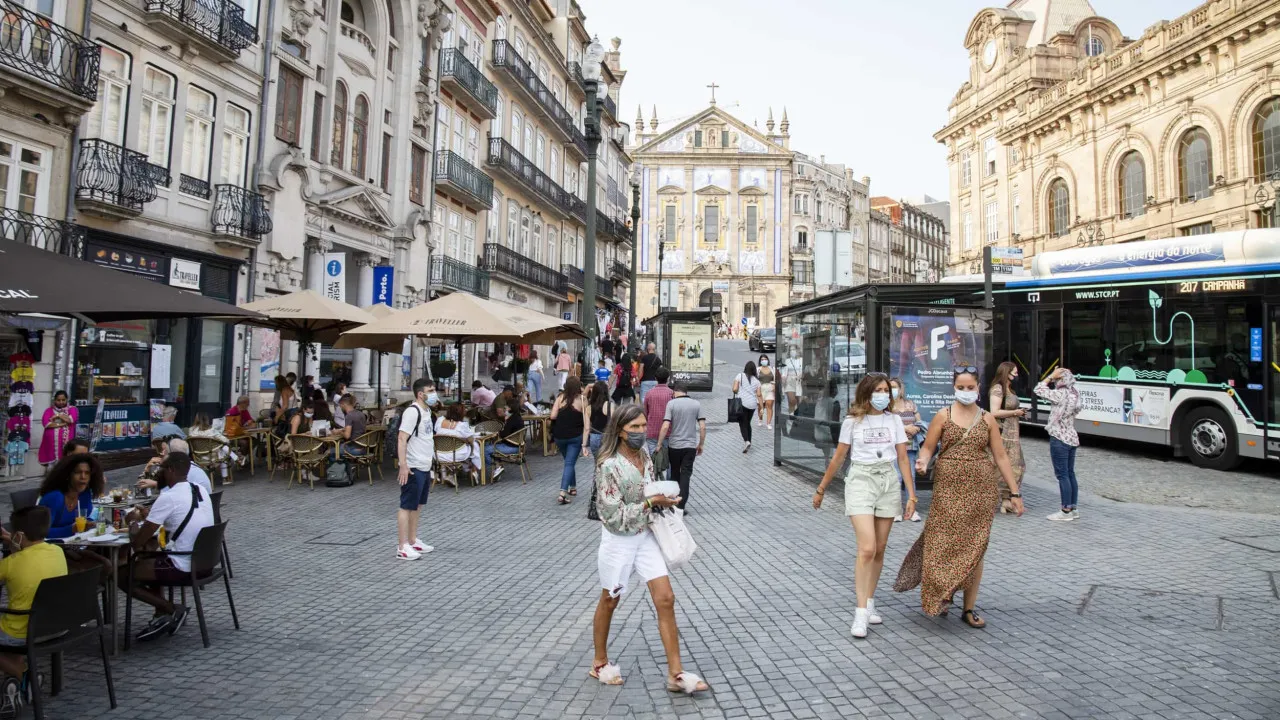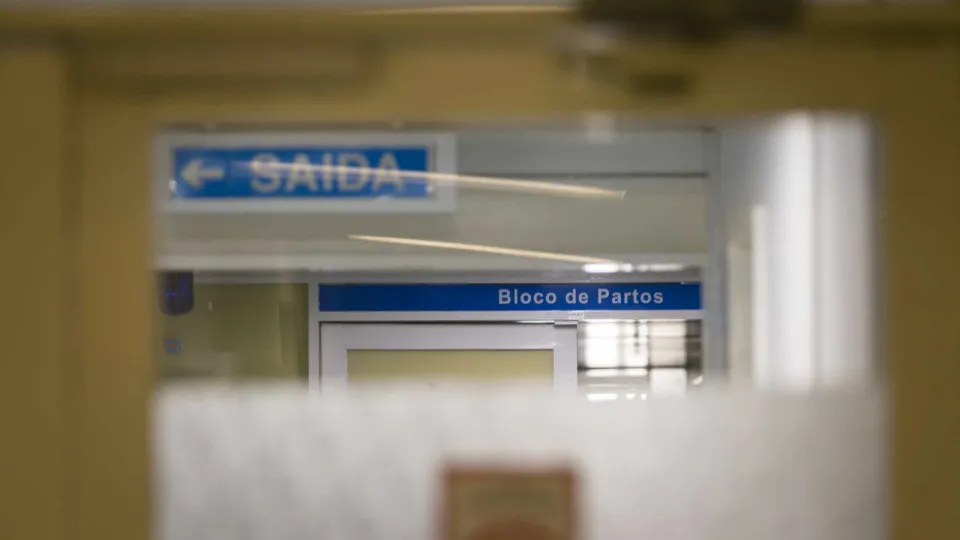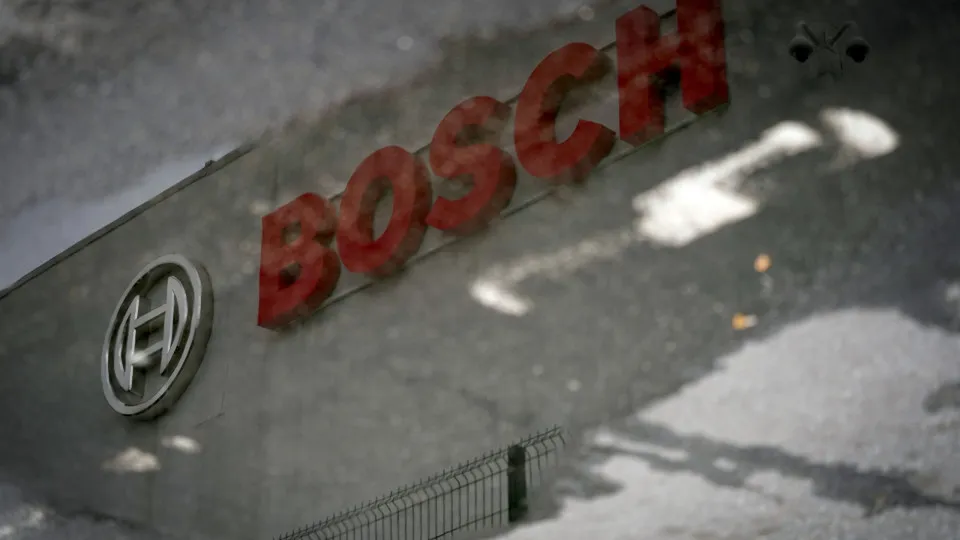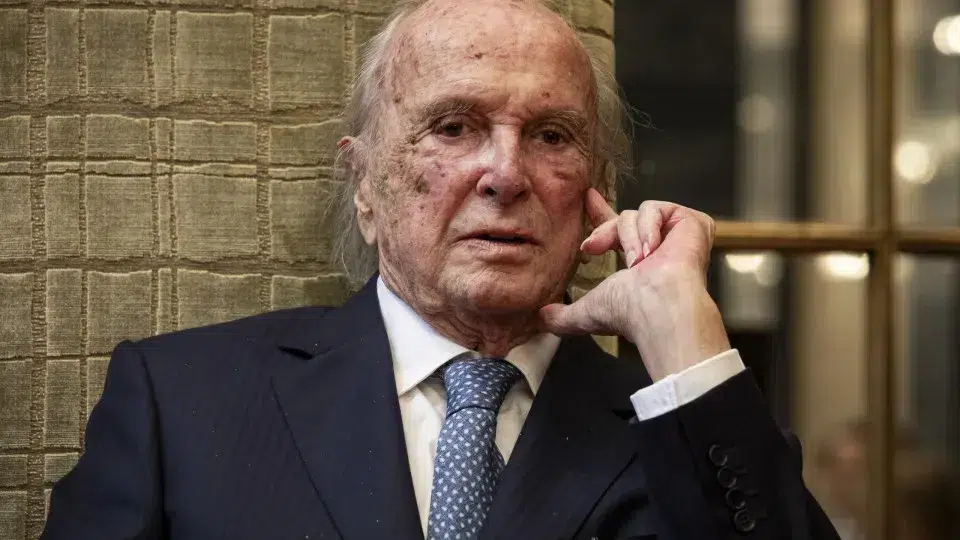
The new regulations for Porto’s nightlife scene will take effect on Wednesday, 25th October, implementing a ban on the sale of alcohol for public consumption between 9:00 PM and 8:00 AM across the entire city.
In a telephone interview, Miguel Camões, president of the Porto Nightlife Bars and Discos Association, noted that while stricter penalties might aid in combating the ‘botellon’ phenomenon, they do not fully address the issue.
“All measures are welcome, but they don’t solve it. The ‘botellon’ issue is significant because it often involves drinks that people bring from home or purchase from supermarkets during the day, so it’s not the venues selling these drinks for street consumption,” he remarked.
“For us and our association, this regulation includes some amendments, but some are more technical, and their impact on Porto’s nightlife hub, where most bars and clubs are located, is more related to penalties than actual rules,” he added.
Miguel Camões pointed out that alcohol sales for public consumption were already a concern, with the primary change being its extension to the entire city of Porto.
“If the intention of Porto’s City Council is to somehow control the ‘botellon’ phenomenon, it makes sense to extend this rule city-wide,” he stated.
The ‘botellon’ issue “must be tackled with general legislation prohibiting alcohol consumption in public areas, regardless of whether the alcohol was bought from shops or brought from home,” he advocated, emphasizing that incidents of “disorder and public insecurity often arise from unregulated public alcohol consumption.”
Ricardo Tavares, president of the Portuguese Bars and Discos Association, expressed doubts about the new regulations resolving the ‘botellon’ issue.
“Operationally, I don’t think this will bring any improvement to the city or its residents, it will only create additional problems for business owners who already have enough,” Ricardo Tavares argued.
He believes the measure lacks wisdom, as it’s the customers breaching the rules by drinking in prohibited areas, yet the entrepreneurs will bear the consequences.
“Municipal police won’t issue fines to those drinking in the street because it’s too inconvenient for them. It’s easier to target a business owner and say ‘closed down,’ which is one less problem for them,” he added.
This, he described as “zero common sense.”
He warned that “practically, it will result in more convenience stores selling illegally, many of which don’t even pay taxes (…), and it’s all against law-abiding businesses.”
Ricardo Tavares argued that street gatherings, commonly known as ‘botellon,’ won’t stop.
“The only outcome will be fines for bars and restaurants (…) which will receive hefty fines and face bankruptcy,” he noted.
These new rules allegedly won’t “reduce noise” or “enhance safety.” Instead, they will “create more problems for business owners,” he observed.
“In Lisbon, we are negotiating with engineer Carlos Moedas, and it seems he will be more reasonable than Dr. Rui Moreira in Porto, where this will not solve anything. Rather, it will compound the problems of those who already face challenges from a [COVID-19] pandemic, who sacrificed their lives, who are still repaying loans, many are restarting their lives, and it will be very difficult,” he stated.
Filipa Correia Pinto, Councilwoman for Economic Activities and Inspection, explained that there will be “very strict” enforcement with “severe penalties,” aiming to “enhance people’s sense of security and ensure the organization of public space.”
According to the Diário da República, the regulation changes are justified by their “adaptation to the new reality and phenomena that have since spread, posing a risk of de-characterizing the Nightlife Zone as well as degrading an ecosystem that, if well-regulated and well-managed, can become a distinctive mark and driver of the city’s development.”




